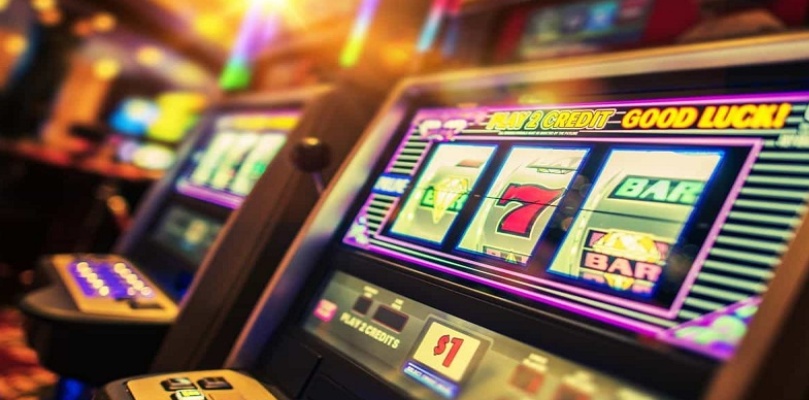Following the rejection of a plan to regulate internet gambling, legislators in New Hampshire are contemplating a different strategy for increasing income from gaming. That is the implementation of Video Lottery Terminals (VLTs), also known as video slots.
The proposal is part of a bigger attempt to update the state’s charity gaming system, which mandates that a percentage of casino profits go to charitable causes. Mobile gambling was expected to bring in $39 million a year, but the introduction of VLTs might bring in up to $65 million a year, which means it is becoming a more appealing alternative revenue stream for the state.
What the Bill Entails
The objective of House Bill 728 (HB 728) is to replace Historical Horse Racing (HHR) machines with Virtual Live Tables in regulated gambling establishments by 2028. Individual machines are anticipated to produce roughly $300 per day, and the measure imposes a tax of 30 percent on the money generated by video lottery terminals.
The number of charity gaming locations in the state is now limited to 18, as per the state’s tight gambling rules. This provision would be preserved under the new plan. Furthermore, to guarantee compliance with regulatory requirements, all VLTs would have to go through third-party testing and certification.
VLTs, according to proponents of the law, provide a gaming model that is both more efficient and lucrative than HHR machines, while at the same time preserving the state’s commitment to charitable donations. The fact that video slots may provide larger returns with less maintenance costs is another argument in their favor. This further makes video slots very lucrative for the state’s casino operators.
Will It Sail Through?
Unfortunately, the measure has hit a roadblock in the Ways and Means Committee, so its fate is still up in the air while the parliamentary session continues. There is still resistance to VLTs, even if the financial advantages are immediately apparent. When compared to high-stakes betting, which is considered to be a more organized betting style, some people believe that current slot machines make it more likely for people to engage in riskier gambling activities. To alleviate worries, lawmakers will probably propose protections like betting restrictions and self-exclusion schemes.
This decision will have long-term implications for the gaming sector in the state, which is why it is causing such a stir. The final verdict about whether or not to implement the new laws should be made before the legislative deadline of June 30. If passed, the measure would guarantee continuous financing for charities while bringing New Hampshire’s gaming industry up to date.


